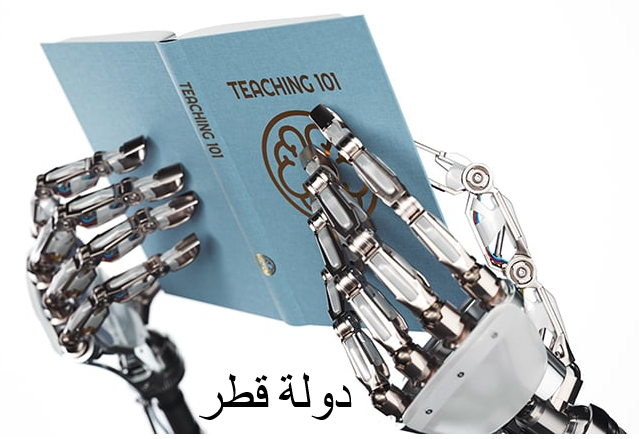Looking forward to our book chapter in the forthcoming (as of this posting) book, Future of Education in Qatar (Springer). The title, authors, and executive summary are below!

Human-Centered Artificial Intelligence in Progressive Education: Unravelling the Benefits and Challenges in Qatar’s HEIs
Bernard J Jansen (1), Soon-gyo Jung (1), Ali Farooq (1), Joni Salminen (2), Kholoud Aldous (1), Pilira Stella Msefula (3), Amani Alabed (4), Salar M. Khan (5), Richard O’Kennedy (6, 7)
(1) Qatar Computing Research Institute, Hamad Bin Khalifa University, Doha, Qatar
(2) School of Marketing and Communication, University of Vaasa, Vaasa, Finland
(3) Higher Education, Qatar Foundation, Doha, Qatar
(4) College of Business, University of Doha for Science and Technology, Doha, Qatar
(5) Academyati, Qatar Foundation, Doha, Qatar
(6) Vice President, Research, Hamad Bin Khalifa University Research, Doha, Qatar
(7) Dublin City University, Dublin, Ireland
Executive Summary
Algorithmically generated personas (AGPs) can provide actionable insights into the needs, preferences, and behaviors of stakeholders, including Applicants, Students, Alumni, Faculty, and Staff (ASAFS) for progressive education at higher education institutes (HEIs) in Qatar. AGPs empower data-based decision-making and contribute to progressive education by representing stakeholders in an empathic format. This chapter sheds light on the pivotal role of alumni, showing how the innovative approach of using personas enables the “beyond education” concept while providing strategic foresight for HEIs in Qatar. By harnessing insights from surveys, learning management systems analytics, and organizational content data such as course feedback, we unravel each ASAFS stakeholder group’s goals, needs, preferences, pain points, challenges, and behaviors at particular stages of the progressive education cycle. Machine learning models can generate AGPs as humanized representations of these key stakeholders. Building on our multi-year experience in studying AGPs, we argue that these personas can significantly aid HEI decision-makers in designing more learner-centered and inclusive curricula, pedagogy, and assessment via empathic understanding. While AGPs have been prevalent in marketing or design, their potential remains largely unexplored in HEIs.

